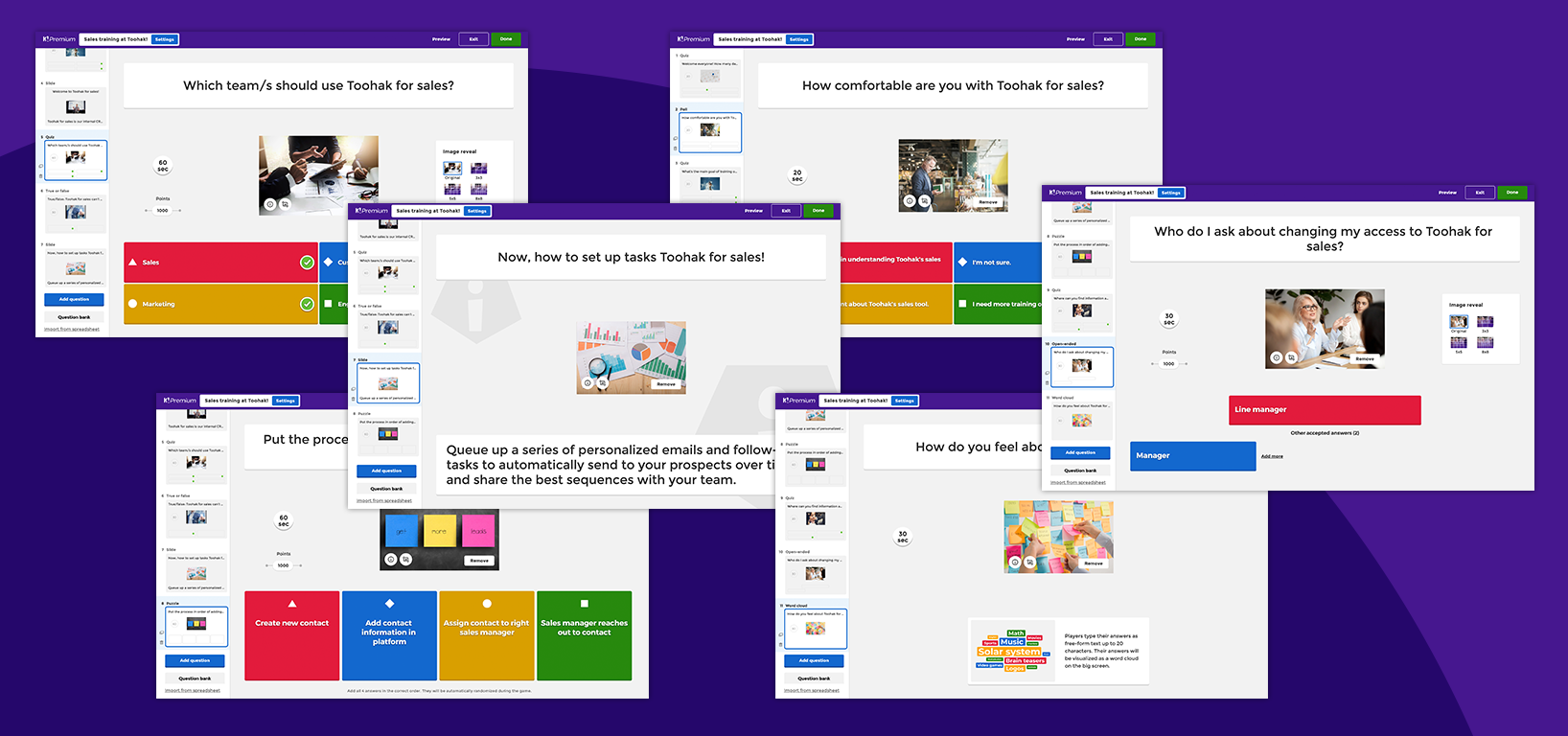

Notably, mental health problems are underreported worldwide. Depression and anxiety are also associated with chronic physical comorbidities, such as somatoform disorders, cancer, stroke, acute coronary syndrome, cardiovascular diseases, diabetes, chronic pain, and visual and auditory impairments. Depression and anxiety are often experienced simultaneously, with up to 81% of individuals having an anxiety disorder having a depressive disorder too in their lifetime. Depressive and anxiety disorders are the most prevalent mental health disorders in the general population, with nearly 264 million people (3.4% of global population) and 284 million people adversely affected by depression and anxiety disorders, respectively. This poses serious consequences for individuals and society by overburdening the current systems in place. The current global pandemic and subsequent periods of economic uncertainty could increase the prevalence of symptoms of mental health disorders, thus increasing the ubiquitous and widespread requirement for mental health treatments. Mental health disorders affect more than 14% of the global population and are estimated to become 1 of the 3 major causes of morbidity and mortality by 2030. In light of the current research, we conclude that commercial video games show great promise as inexpensive, readily accessible, internationally available, effective, and stigma-free resources for the mitigation of some mental health issues in the absence of, or in addition to, traditional therapeutic treatments. In this paper, we specifically focus on the mental health benefits associated with playing commercial video games to address symptoms of depression and anxiety. Commercial video games have been shown to impart cognitive benefits to those playing regularly (ie, attention control, cognitive flexibility, and information processing).

To address these demands, a growing body of research is exploring alternative solutions to traditional mental health treatment methods. This demand has been exacerbated post the advent of the COVID-19 pandemic and the subsequent increase in incidence of mental health disorders. Given the economic and health care service burden of mental illnesses, there is a heightened demand for accessible and cost-effective methods that prevent occurrence of mental health illnesses and facilitate coping with mental health illnesses. The treatment gap and stigma associated with such mental health disorders are common issues encountered worldwide. They occur both acutely and chronically, with various symptoms commonly expressed subclinically. Physical Education and Sport Sciences DepartmentĮmail: depression and anxiety are the two most prevalent mental health disorders. Lero, The Science Foundation Ireland Research Centre for Software

Interactive Journal of Medical Research 207 articles.

JMIR Public Health and Surveillance 669 articles.Journal of Medical Internet Research 5463 articles.


 0 kommentar(er)
0 kommentar(er)
